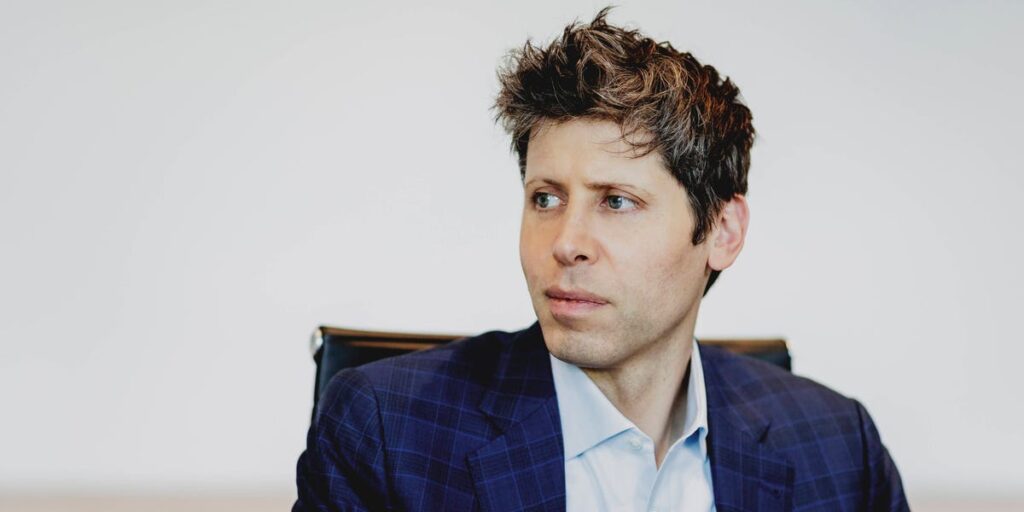OpenAI CEO Sam Altman is already thinking about his next gig.
His next move isn’t another AI startup or a moonshot tech venture, however, it’s something surprisingly grounded.
Altman wants to become a farmer.
“I think there will come a time when AI can be a much better CEO of OpenAI than me, and I will be nothing but enthusiastic the day that happens,” he told Axel Springer CEO Mathias Döpfner in an interview this week.
At the top of the list is tending to his farm.
“I have a farm that I live some of the time and I really love it,” he said. Over the years, he has also purchased multimillion-dollar residences in San Francisco and Napa, California, as well as a $43 million estate on the Big Island of Hawaii.
Before ChatGPT took off, Altman said he had more time on the farm, where he used to “drive tractors and pick stuff,” he said.
These aren’t just the musings of a tech CEO who needs a break. Altman, more exposed to the latest AI developments than most, says that the day when machines become smarter than humans is fast approaching. In some sectors, he said, it’s already here.
“In the short term, AI will destroy a lot of jobs. In the long term, like every other technological revolution, I assume we will figure out completely new things to do,” he said.
Those jobs, he said, are likely going to revolve around helping others.
What makes humans unique isn’t our “intellectual capacity,” he said — it’s the way we care for one another. “Humans, human society, we have such main character energy, we don’t really care that the machines are smarter than us,” he said. “They already are.”
Altman, who received this year’s Axel Springer Award, said last week in an interview with WELT, a German national daily newspaper, that he expects AI to surpass human intelligence by 2030.
“I would certainly say that by the end of this decade, by 2030, if we don’t have extraordinarily capable models that do things that we ourselves cannot do, I’d be very surprised,” he told WELT editor in chief Jan Philipp Burgard. “Also, if in 2026 we don’t see a similar rate of progress we’ve seen in 2024 and 2025, I’d also be surprised. That means that by the end of 2026, I would expect models that, if we had them today, would be quite surprising.”


